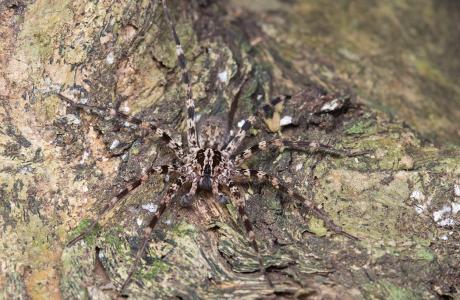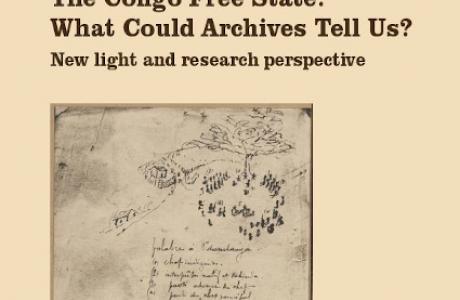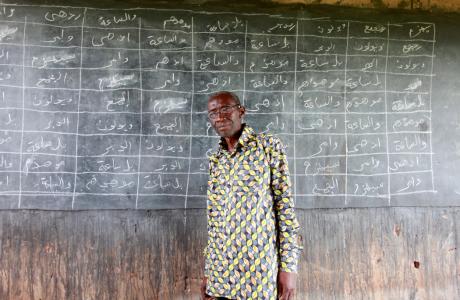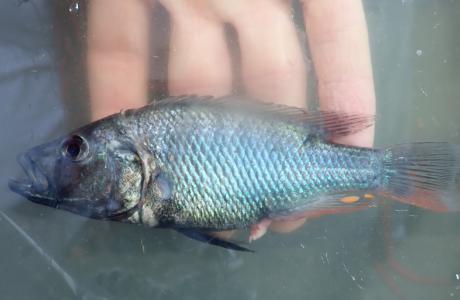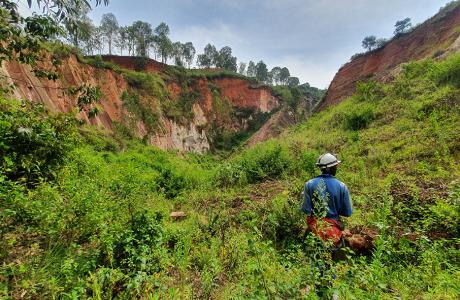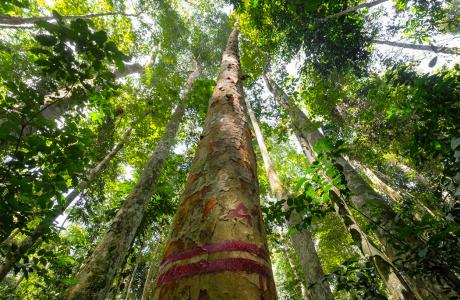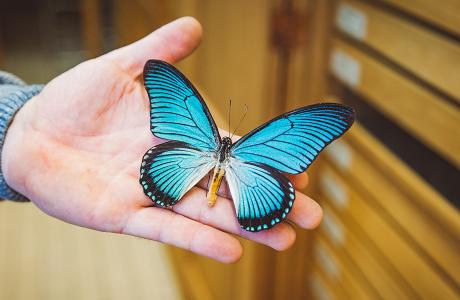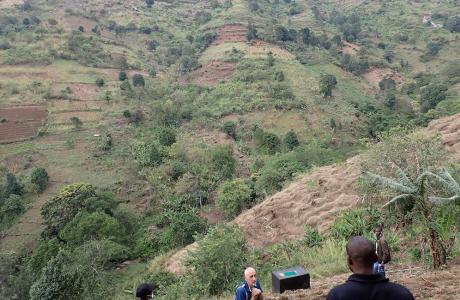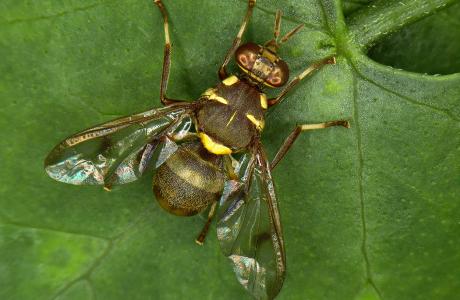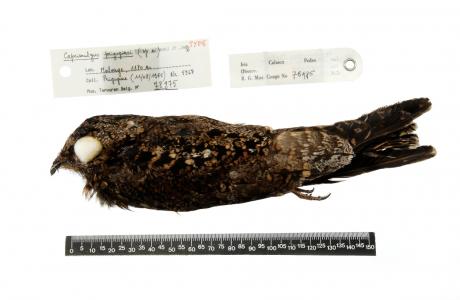Science news
- July 2022
A scientific expedition led by the AfricaMuseum in Mayotte has collected for the first time the male of a spider species described over 130 years ago.
- May 2022
In the new book The Congo Free State: What Could Archives Tell us? New light and research perspective, international historians and archivists delve into little-known or unpublished archives produced during the Congo's Free State (1885-1908). Through fine analysis, they demonstrate that the history of this period is far from having revealed all its facets. Published by Peter Lang, the book is co-edited by Patricia Van Schuylenbergh and Mathilde Leduc-Grimaldi, two historians from the AfricaMuseum.
- May 2022
The presence of Swahili-Arab traders in the eastern part of present-day DR Congo had a lasting impact on the populations of the region. However, this legacy and related objects that are now in Belgian collections, remain largely unstudied. Provenance and object biography research aims to provide a more nuanced historical understanding and to enable a dialogue with source communities on this Congo-Swahili-Arab history and heritage.
- April 2022
A team of Belgian researchers has described ten new species of small predatory fish from Lake Edward. Scientists have long suspected that this lake between the DR Congo and Uganda is home to exceptional fish diversity.
- April 2022
Critical minerals such as lithium and tantalum are used in smartphones or electric cars. They are highly sought-after commodities, being indispensable in modern technologies and for the transition to green energy. The Great Lakes region in Central Africa is geologically rich in minerals that are extracted for these raw materials. Geologists from the Royal Museum for Central Africa study the formation and distribution of these minerals to promote their sustainable and fair exploration and exploitation.
- March 2022
Stem growth of tropical trees is reduced in years when the dry season is warmer and drier than normal. This is the main finding of a global study on the sensitivity of trees in the tropics to climate change. The researchers found that the effect of drier and hotter years is larger in more arid or warm regions. This suggests that climate change may increase the sensitivity of tropical trees to climatic fluctuations.
- February 2022
The AfricaMuseum is the custodian of important insect collections, representing a unique chronicle of insect biodiversity on the African continent. The launch of a citizen science project focused on the butterfly and moth collection aims to open it up to a wider audience.
- February 2022
Providing an environmentally sustainable and fair food system. This is the general objective of agroecological farming. The AfricaMuseum, in collaboration with African and Belgian partners, is currently coordinating two research projects to measure the environmental and economic performance of agroecological agriculture compared to conventional, pesticide-based agriculture.
- January 2022
Fruit flies can cause considerable damage to agricultural crops. The correct identification of pest species is crucial to establish efficient pest control programs. A smartphone app developed by biologists of the Royal Museum for Central Africa in collaboration with Stellenbosch University (South Africa) can help non-specialists identify these potentially harmful fruit flies.
- January 2022
Backed by Leonardo DiCaprio, Re:wild, the American Bird Conservancy (ABC) and BirdLife International have launched The Search for Lost Birds, an initiative to find 10 bird species that have not been seen for decades. Among these 10 species is Prigogine's Nightjar, a species described by an ornithologist from the AfricaMuseum and whose only known specimen has been kept in Tervuren since 1955.
